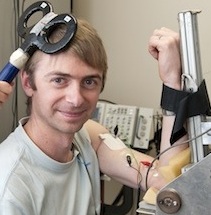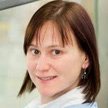Related Questions
- Are other tobacco products, such as smokeless tobacco or pipe tobac killers to?
- what is different from cancer compared to other diseases?
- How close do you think scientists around the world are to finding the solution, or the 'cure' to cancer?
- Do you think that certain petrochemicals such as SLS in skin care increases the chance of getting breast cancer? If so,
- how does the spray for diabetes type one work ?








This might be a long answer, please bear with me! 🙂
First of all, cancer isn’t like a lot of other diseases. It’s not caused by a single disease-causing agent like a pathogen – that is, bacteria, parasite or virus. Cancer is basically cells of the body that have gone haywire and no longer function normally because their DNA has been mutated. They divide faster than normal cells – in fact, they can’t stop dividing. Normal cells will divide, but there are proteins to remind them when to stop. Or if there are errors in the DNA when it’s copied during cell division, there are proteins to correct the errors. In cancer, all these proteins are mutated so they don’t run these checks on the cell. Then cells stay in their right places in the body because of signals that pass between cells and the rest of the body. In cancer, again, these signals are either blocked or fail, and this allows cancer cells to escape the tissue they started in and move to other parts of the body. Cancer cells take up nutrients meant for normal cells, invade other parts of the body and so make patients very sick.
So, breast cancer develops when the DNA in normal cells in the breast mutate and undergoes all these changes, usually cells in the milk ducts or the cells that line the lobules that collect the milk. The breast is remodeled every month during the menstrual cycle – a normal process in the body. So this means that cells will grow and divide to create new breast tissue each time. So it’s possible that mutations and mistakes can occur when these cells divide if you are being exposed to risk factors. And over a lifetime, a collection of errors can result in cancer.
0